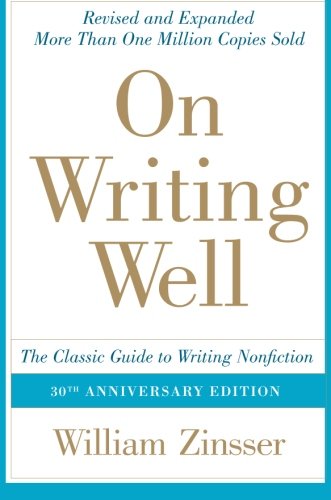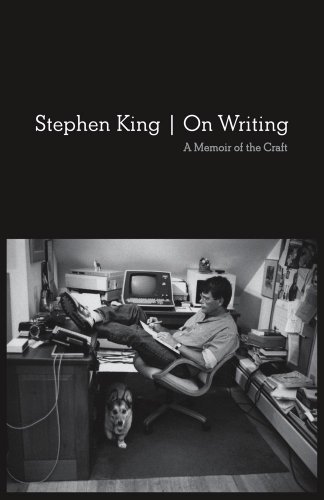The distinctive lifestyle of early Christians not only set them apart from the crowds, but quickly made them a target.
"The Christians," Bruce Shelly said, "on the other hand, were always talking about their Jesus. They were out to make Christians of the entire population of the empire, and the rapidity of their spread showed that this was no idle dream. Not only did they, like the Jews, refuse to worship the emperor as a living god, but they were doing their utmost to convince every subject of the emperor to join them in their refusal." I love the simple and clear picture of the first thing that marked early Christians, they, "were always talking about their Jesus." It conjures to the mind an image of believers striking up spiritual conversations and sharing the good news of the gospel with such regularity that it appeared to be all they ever talked about. They were filled with such zeal for Christ that they were on a mission to see everyone converted to faith in Christ.
"Simply by living according to the teachings of Jesus," Shelley said, "the Christian was a constant unspoken condemnation of the pagan way of life. It was not that the Christian went about criticizing and condemning and disapproving, nor was he consciously self-righteous and superior. It was simply that the Christian ethic in itself was a criticism of pagan life." When you do the right thing, not everyone is going to like it. It's true today, and it most certainly was true for the early church. By refusing to do things contrary to the teachings of Christ, the early church was hated, ridiculed and despised by many. "Conformity," Shelley points out, "not distinctiveness, is the way to a trouble-free life." Early Christians were unwilling to go along to get along. They knew that faithfulness to Christ was greater and more valuable than avoiding difficulties.
"The early Christian," Shelley said, "was almost bound to divorce himself from the social and economic life of his time if he wanted to be true to his Lord. This meant that everywhere the Christian turned, his life and faith were on display because the gospel introduced a revolutionary new attitude toward human life." Christian views on a host of issues marked them as different from everyone else because they didn't just talk about their views, they lived by them. No matter what it cost these early Christians, they held to their values, principles and the truth. Their faith influenced their day to day lives and put it on display for the world to see.
To recap, the early church was persecuted and maligned by society for always talking about Christ and living distinct lives driven by conviction and faith. Does this sound like church you know? Does it sound like you and I? How are we doing if compare ourselves against the example of the early church?
I've got a lot of work to do personally. My speech isn't seasoned with the good news of the gospel near enough and my life by and large looks similar to everyone else's. But I'm working on it. I'm taking these things in to the presence of the Lord in prayer and asking Him to create this in me by the power of the Holy Spirit. And I'm praying the same for you as well.









